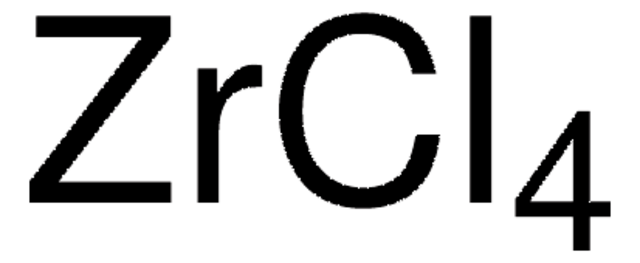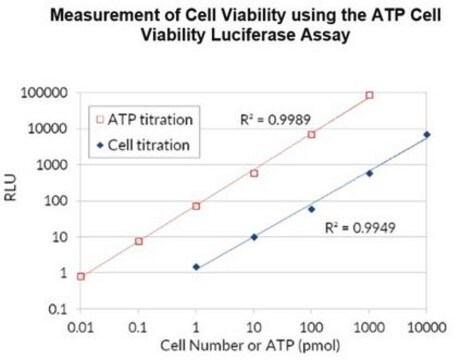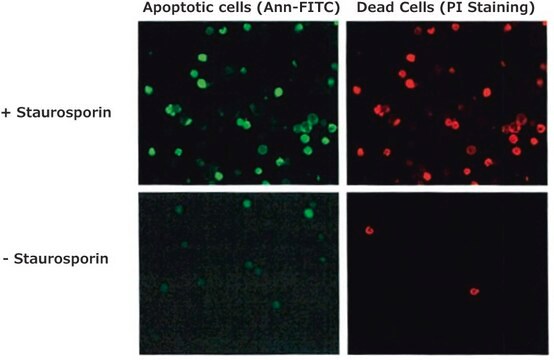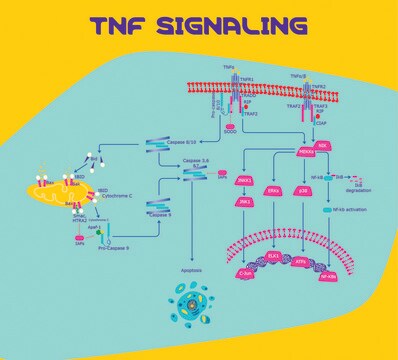SRP8057
Tim-4 (human): FC (human)
recombinant, expressed in CHO cells, ≥98% (SDS-PAGE)
Synonim(y):
T-cell membrane protein 4, TIM4, TIMD4
Zaloguj sięWyświetlanie cen organizacyjnych i kontraktowych
About This Item
Kod UNSPSC:
12352200
NACRES:
NA.32
Polecane produkty
pochodzenie biologiczne
human
rekombinowane
expressed in CHO cells
Próba
≥98% (SDS-PAGE)
Postać
lyophilized
masa cząsteczkowa
monomer 58 kDa by calculation
opakowanie
pkg of 100 μg
zanieczyszczenia
<0.06 EU/μg endotoxin, tested
kolor
white
numer dostępu UniProt
Warunki transportu
wet ice
temp. przechowywania
−20°C
informacje o genach
human ... TIMD4(91937)
Opis ogólny
The TIM (T cell/transmembrane, immunoglobulin and mucin) family plays a critical role in regulating immune responses, including allergy, asthma, transplant tolerance, autoimmunity and the response to viral infections. The unique structure of TIM immunoglobulin variable region domains allows highly specific recognition of phosphatidylserine (PtdSer), exposed on the surface of apoptotic cells. TIM-4 (T cell; immunoglobulin; Mucin-4), also known as SMUCKLER, is a 60 kDa member of the TIM family of immune regulating proteins. TIM-4 is exclusively expressed on antigen-presenting cells, where it mediates phagocytosis of apoptotic cells and plays an important role in maintaining tolerance. TIM-4 binds specifically to TIM-1 which is also the cellular receptor for the hepatitis A virus, and has been implicated in the development of asthma. Among hematopoietic cells, TIM-1 is expressed on activated B and T cells, preferentially in the Th2 subset of CD4+ T cells. The interaction of TIM-4 with TIM-1 induces costimulatory and hyperproliferative signals in T cells.
Postać fizyczna
Lyophilized from 0.2 μm-filtered solution in PBS.
Rekonstytucja
Reconstitute at 100 μg/mL in sterile PBS.
Inne uwagi
The extracellular domain of human Tim-4 (aa 25-315) is fused to the N-terminus of the Fc region of human IgG1.
This page may contain text that has been machine translated.
Kod klasy składowania
10 - Combustible liquids
Klasa zagrożenia wodnego (WGK)
WGK 2
Temperatura zapłonu (°F)
Not applicable
Temperatura zapłonu (°C)
Not applicable
Certyfikaty analizy (CoA)
Poszukaj Certyfikaty analizy (CoA), wpisując numer partii/serii produktów. Numery serii i partii można znaleźć na etykiecie produktu po słowach „seria” lub „partia”.
Masz już ten produkt?
Dokumenty związane z niedawno zakupionymi produktami zostały zamieszczone w Bibliotece dokumentów.
Nasz zespół naukowców ma doświadczenie we wszystkich obszarach badań, w tym w naukach przyrodniczych, materiałoznawstwie, syntezie chemicznej, chromatografii, analityce i wielu innych dziedzinach.
Skontaktuj się z zespołem ds. pomocy technicznej






